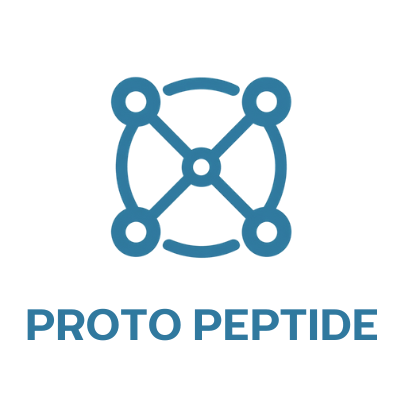BPC-157 and Gut Health: What Research Says About Intestinal Recovery
Gut health plays a central role in overall well-being, and researchers are constantly exploring compounds that may support intestinal balance. One peptide that has gained increasing interest is BPC-157, a lab-grade research peptide known for its potential protective and restorative effects on the digestive tract in preclinical studies.
Why Gut Health Matters
The gut is responsible for nutrient absorption, immune system regulation, and acts as a first line of defense against toxins. Disruptions in gut lining integrity can lead to issues such as increased permeability, inflammation, and discomfort. This is where research peptides like BPC-157 have drawn interest.
What Studies Say About BPC-157 and the Gut
- Gastric Protection: Animal studies suggest BPC-157 may reduce gastric ulcer formation.
- Intestinal Repair: Preclinical data indicates possible benefits in protecting against intestinal lesions and improving healing of the gut lining.
- NSAID Damage Mitigation: Research has explored its ability to counteract gastrointestinal damage induced by non-steroidal anti-inflammatory drugs.
Mechanisms of Action
BPC-157 appears to promote angiogenesis (new blood vessel growth), regulate inflammatory pathways, and enhance cell survival in stressed tissues. These properties may explain why it has shown promise in models of gastrointestinal healing.
Conclusion
While research is still developing, studies suggest that BPC-157 could play a valuable role in models of gut protection and recovery. Researchers seeking high-quality peptides for laboratory work can explore our BPC-157 10mg product here. Here at ProtoPeptide, and our products are supported by independent lab testing. Our focus is on precision and reliability, giving Canadian researchers peace of mind. All peptides are for research use only and handled under strict quality assurance. We also make it easy by offering bundle options to simplify your lab setup.
Disclaimer
This content is for informational and research-related purposes only. The peptides mentioned in this article are intended strictly for use in controlled laboratory settings by qualified professionals. It is not approved for human or veterinary use. Always follow your institution’s guidelines and consult safety data sheets (SDS) before handling any research chemical.
